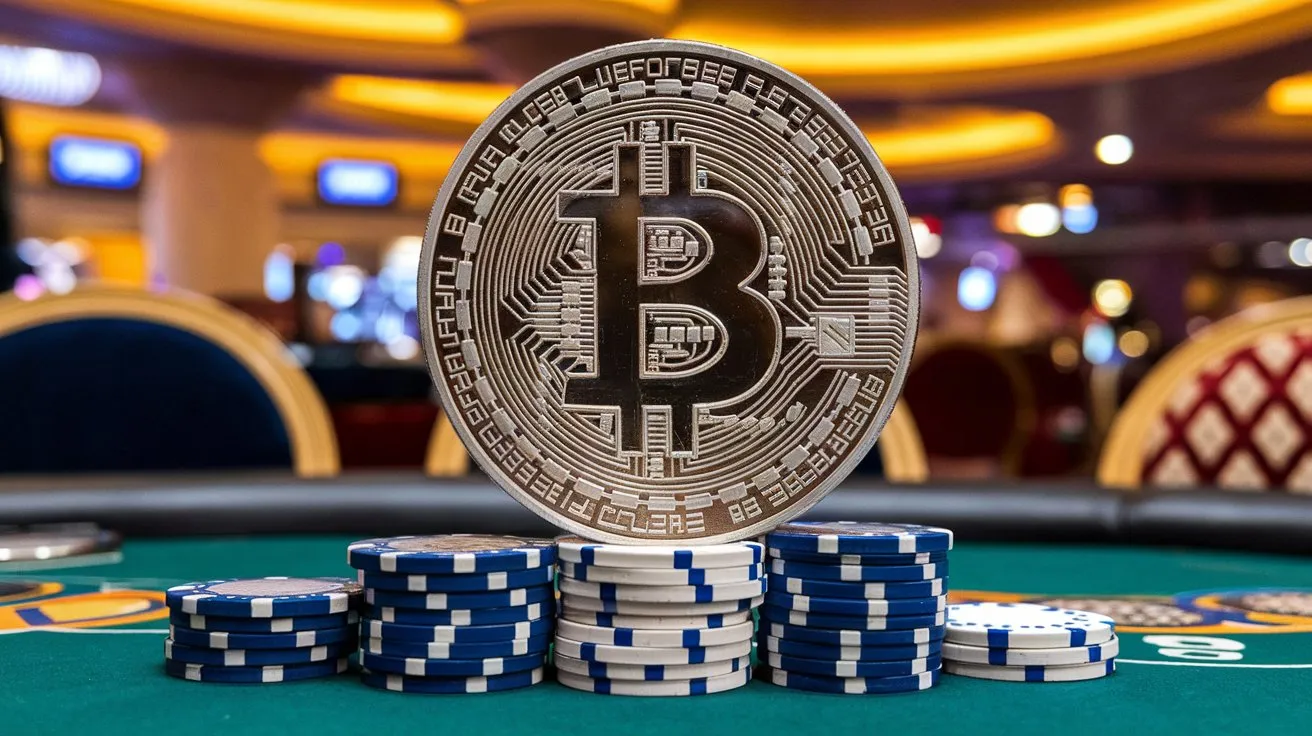Puns—those delightful plays on words that can range from clever to cringeworthy—have an undeniable charm that captures our hearts (and groans) in equal measure. While many people find certain puns to be “bad” or “corny,” there’s a unique joy in wordplay that brings laughter and connection. Here’s a closer look at why we love puns, even when they make us roll our eyes.
Find Fun and Exclusive Laughs
At Forwarded Funnies, we love sharing humor that brightens your day and keeps you coming back for more. Just like a good joke, some experiences are best when shared among a select group. The kingjohnnie VIP Room offers an exclusive space for entertainment lovers seeking top-tier enjoyment. Combine your love for laughter and premium fun in one exciting destination.
- The Joy of Language Play
Puns are a celebration of language and its versatility. They demonstrate the cleverness of wordplay, often highlighting double meanings or similar sounds. When we engage with puns, we’re invited to think creatively about language—recognizing connections and interpretations that we might otherwise overlook. This playful approach stimulates our minds and encourages us to appreciate the nuances of words.
- Laughter as a Social Connector
Laughter has a powerful way of bringing people together, and puns often serve as a catalyst for shared humor. Whether it’s a dad joke at the dinner table, a witty remark between friends, or a punny caption on social media, these quips create a bond of laughter. Even the most cringe-worthy puns can spark collective groans or chuckles, fostering camaraderie among friends, family, and colleagues.
- Breaking the Ice
Puns can lighten the mood and break the ice in awkward situations. A lighthearted pun can diffuse tension and help people relax, creating a more comfortable atmosphere. It’s a friendly way to engage others without serious intent, signaling that it’s okay to laugh and have fun. After all, humor is often the best way to create rapport and ease social interactions.
- A Dash of Whimsy
Life can often be serious and stressful, and puns inject a delightful sense of whimsy into daily conversations. A well-placed pun can brighten someone’s day, reminding us not to take life too seriously. They serve as small moments of joy that can bring a smile, even if they’re met with a sigh or a groan. In a world that sometimes feels heavy, those light-hearted moments are invaluable.
- Embracing the Groan-Worthiness
Laughs, Spins, and Entertainment on the Go
At Forwarded Funnies, we’re all about delivering joy and quick escapes from the everyday grind. Whether you’re scrolling for a laugh or a little thrill, stellarspins mobile casino offers an exciting way to keep the fun going wherever you are. Packed with colorful games and instant wins, it’s perfect for those who enjoy lighthearted entertainment with a twist. Because fun should always be just a tap away.
While some puns may cause eye-rolls, there’s something endearing about their cheesiness. The “dad joke” genre exemplifies this phenomenon, where the humor lies not just in the cleverness but in the sheer obviousness or badness of the pun itself. This embrace of groan-worthy humor adds to the charm, as it allows for unapologetic silliness. We can relish the absurdity of a bad pun, knowing that it’s all in good fun.
- Wordplay as a Mental Workout
Engaging with puns can sharpen our minds and language skills. They require us to think abstractly, developing a deeper understanding of synonyms, homophones, and contextual meanings. This mental exercise can enhance our language appreciation, expand our vocabulary, and improve our ability to make connections between seemingly unrelated ideas.
- Cultural and Historical Significance
Puns have been a part of human expression for centuries, appearing in literature, theater, and everyday conversation. Renowned writers like Shakespeare and Oscar Wilde famously utilized puns in their works, showcasing the art of wordplay. By participating in punning, we connect with a rich historical tradition, appreciating how humor has evolved over time.
Conclusion
Forwarded Funnies brings laughter and light-heartedness to your day with amusing content. After enjoying a good laugh, many individuals seek out other forms of online entertainment to unwind and have fun. For those interested in elegant digital card games, exploring options like baccarat online can provide a different kind of engaging pastime. Always remember to balance your entertainment with responsible and enjoyable digital activities.
Ultimately, puns are a unique form of expression that invite us to revel in the quirks of language and enjoy shared laughter. Whether they inspire genuine amusement or playful eye-rolls, puns remind us of the importance of humor in our lives. They help break down barriers, foster connection, and add a touch of whimsy to our conversations. So the next time you encounter a pun—good or bad—embrace it. Join in on the laughter, the groans, and the delight that comes with this playfully punny side of life. After all, sometimes “pun” is just what the doctor ordered!











